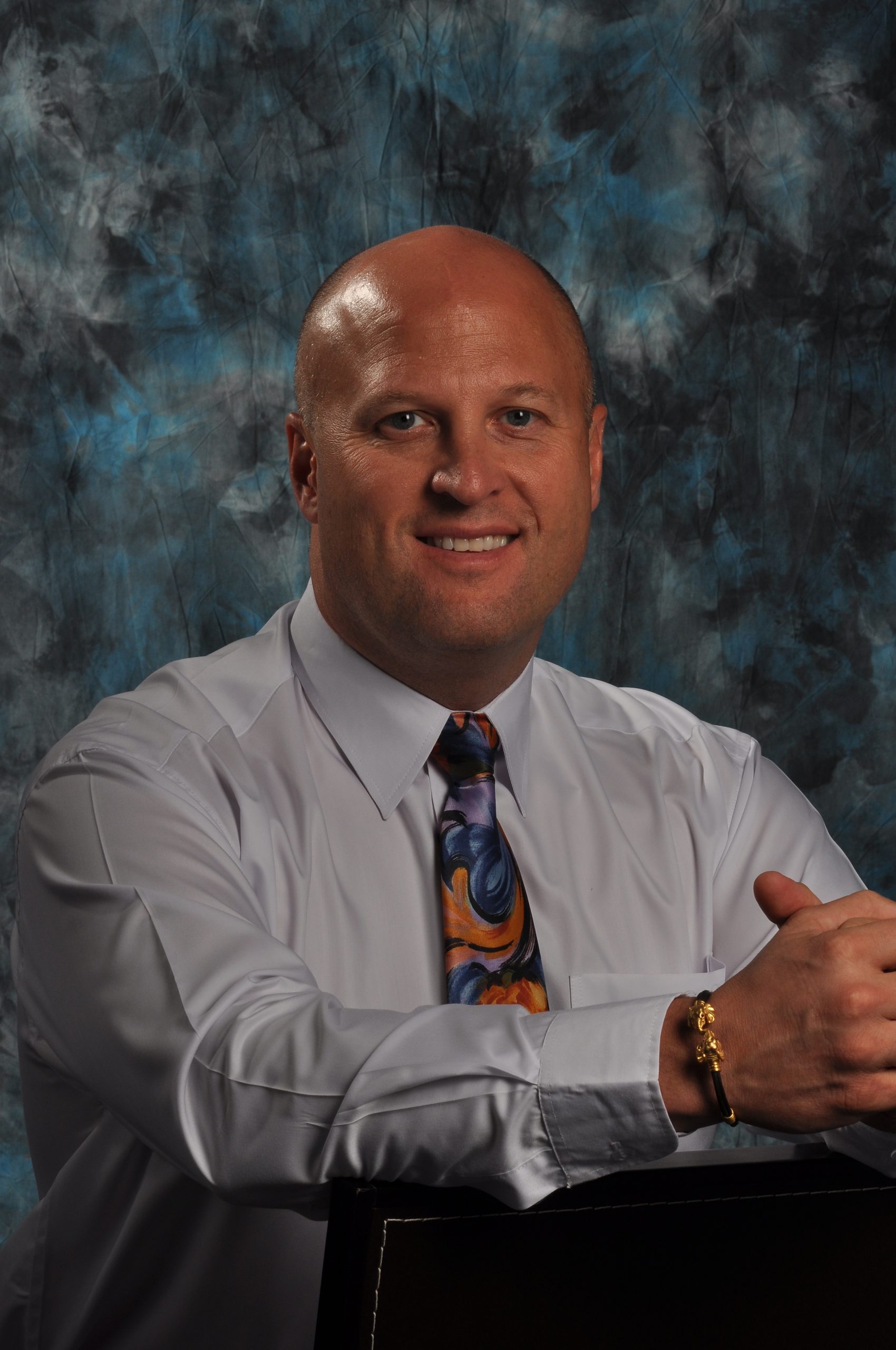Scharie Tavcer
Dr. D. Scharie Tavcer [she/her] is an Associate Professor in the Criminal Justice Degree Program at Mount Royal University. She believes in teaching that has components of experiential learning (real-world experiences) and that research is applied (it informs how justice professionals do their jobs). Prior to a career in academia, Dr. Tavcer worked for the Correctional Service of Canada as a parole officer and program therapist in Alberta and British Columbia.
Dr. Tavcer holds a Doctorate in Sociology, major in Criminology (2007) with the Albert-Ludwigs Universität in Freiburg, Germany, and a Masters in European Criminology (2001) from the Katholieke Universiteit Leuven in Leuven, Belgium. For her undergraduate education, Dr. Tavcer holds a Bachelor of Arts major in Psychology/Sociology (1997) from the University of Alberta and a Diploma of Law Enforcement & Security from Grant MacEwan College (1992).
Dr. Tavcer’s approach in criminal justice extends into the social justice arena. Her work is interdisciplinary and intersectional. The intention is to create applied research so that the important questions continue to be asked. Her topics of teaching and scholarship focus on criminal law, sexual violence, relationship violence, as well as mental illness and its prevalence in corrections, offender reintegration, criminal law and sentencing, and occupational stress injuries in justice workers.
Jo Ann Rutledge
Natalina Keats
Natalina Keats has been with the Royal Canadian Mounted Police (RCMP) since 2018 and is the Director of National Learning Services within the Learning and Development Directorate.
Following completion of a Master’s Degree in Industrial Relations from Queen’s University, Natalina began her career with the federal government in 2002 as a Junior HR Advisor, working in recruitment. Over time, Natalina held several corporate HR related positions in departments such as Natural Resources Canada and Transport Canada until she started her career in learning and development at the Canada Border Services Agency in 2006 and then later at the RCMP. She has held many positions in learning during that time including overseeing learning policy development, corporate planning and reporting, learning management systems, instructional design and multimedia development, national training standards, among others.
In her current position as Director, National Learning Services, Natalina oversees a wide and diverse mandate that includes being the national policy centre and centre of expertise for national operational in-service training for the RCMP.
Natalina is also a member of the Canadian Police Knowledge Network (CPKN) National Advisory Committee and a member of the CPKN Learning Needs Sub-committee.
Natalina has been a member of CAPE since November 2023.
Jennifer Keyes
Jennifer Keyes (to come)
Kelly Wiltshire
Rachel Cutcliffe
Tim Came
Tim Came has been working to enhance teaching and learning since the early 2000s. He began representing students in departmental curriculum and related matters as an undergraduate at Simon Fraser University and continued during graduate studies at the University of British Columbia, where he conducted research in political psychology, strategic planning, and change management in the U.S. Defense Department. As part of the UBC Centre for Teaching, Learning and Technology’s graduate facilitation team, Tim worked with graduate students from a variety of disciplinary and cultural backgrounds to provide practical hands-on instructional and presentation skills training. Teaching in a small college setting, he integrated application and simulation activities into political science and international relations courses and co-curricular programming.
Tim entered the world of police training in 2015 and has been learning about the complex, dynamic, and demanding environment of policing in Canada ever since. As Instructional Designer for the Police Academy at the Justice Institute of British Columbia, he works with instructors and other subject matter experts to develop and support delivery of curriculum across a wide range of training areas. His work focuses on the Police Recruit Training program, which provides initial training for sworn members of B.C.’s municipal, transit, and tribal police departments. Tim is excited to be a part of C.A.P.E.’s work supporting Canada’s police training community to provide members with the excellent and ever-evolving training they both need and deserve.
Lonnie Croal
Sergeant (Ret.) Lonnie Croal is the founding director of an upcoming academic institution in Alberta which will focus on criminal justice. The institution’s mission to prepare young people for policing, corrections, and justice careers is what Lonnie is passionate about. Lonnie is retired from the Edmonton Police Service in 2007 as a sworn member in Patrol Division, Neighbourhood Foot Patrol, Tactical Section and Training Division. To see success in his research and to support the requirements for his Masters degree at Royal Roads University, Lonnie explored alternative police training methodologies and published his thesis Problem-Based Learning in Basic Police Recruit Training in 2006. Lonnie’s background and professional experience took him to the Middle East in 2007 to support the efforts of the Canada/State of Qatar partnership for learning and training of the State’s security, military, and police officers.
Lonnie has been involved with CAPE since in 2004 when Calgary Police Service and Edmonton Police Service co-hosted one of CAPE’s most successful national conferences. After returning to Canada in 2014 from Qatar, he joined the Board of Directors. The opportunities that CAPE provides for institutions and law enforcement agencies is insurmountable. Shifting from the practice of training and teaching and moving towards methodologies of learning, mentorship, and application is crucial – it’s the mission of CAPE and the reason why Lonnie believes in those that support this incredible and unique Canadian organization.
Carole Bolduc
Carole Bolduc is a training and development officer for the Montreal Police Department.
Graduating with a bachelor’s degree in animation and cultural research in 1998, she joined the Service in 2001 in the 911 Emergency Centre (taking calls for the Police Department). In 2004, she also became a dispatcher for the Police Department. In 2007, she became a trainer for the SPVM, primarily instructing in call dispatch, in order to prepare for the merger between the 9-1-1 call center and the call center of the SPVM. Carole now designs training for the entire SPVM. Among other roles, Carole has worked on the nautical patrol, the canine squad, the cavalry, and the cadets. Her current projects include the new metropolitan transport network (REM), the new PG-911 as well as a transformation of cadet training to virtual delivery.
Carole has been a member of CAPE for the last few years and is excited to represent Quebec in matters related to the association.





